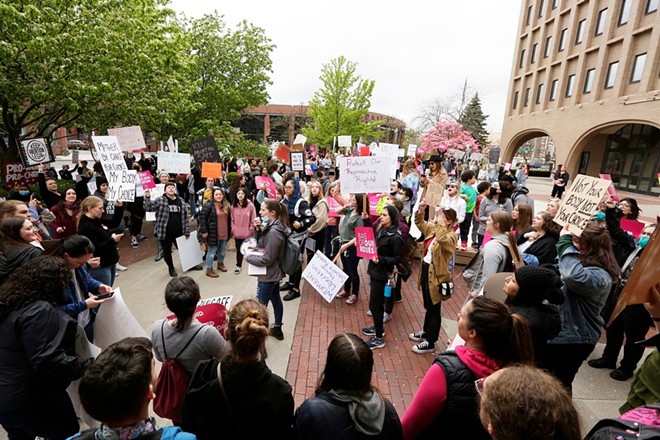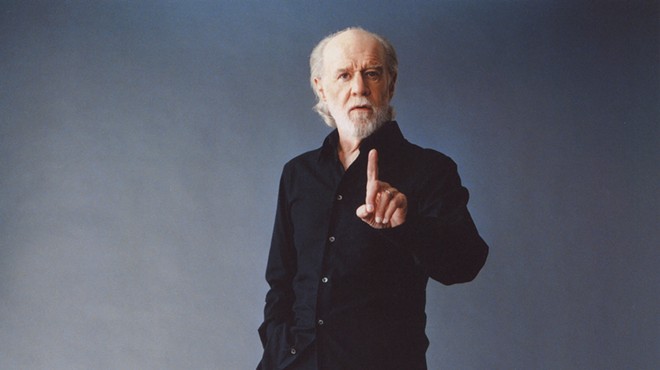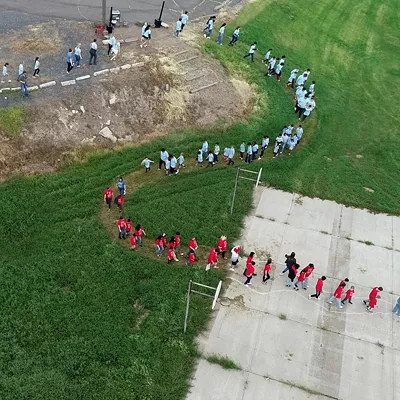Before I decided to study journalism in college, I was heavily involved in activism.
I advocated for environmental and social justice issues, and I wanted to pursue a career in a field where I could continue to do that work, which is how I landed on studying journalism.
That may seem like an odd choice, as journalism centers on observing an issue and reporting on it objectively without weaving any personal biases or opinions into your articles, while activism revolves around your own voice and opinions being at the forefront.
But good activism also requires the use of statistics and information that supports your arguments for the changes you're fighting for. If you want to make a case that actually wins the support of those with opposing views, you need to understand their side and provide evidence to support or disprove their claims.
In journalism, one of the things that makes a news story good is representing different viewpoints in your article. Why does someone disagree with this new legislation? What could be some possible side effects for taking this action? Why do people care about this issue?
That's something that I love about journalism and one of things that solidified my decision to pursue a career in the field. There are issues that I care very deeply about, but one of the main challenges I and other activists have encountered is getting people to understand an issue. And that's something that journalism gives people the ability to do.
Yet the more I've become involved in journalism, the more I've stepped back from the world of activism. And I find myself contemplating whether or not it's OK for me to attend a protest about climate action or about reproductive rights when those are issues that I want to write about. Can I objectively cover a story if I go to a protest, or if I get involved in a group that advocates for changes that I support in my personal life?
It's complicated.
I believe you can separate your own beliefs from your writing, especially if you recognize that your opinions are just one side of the story and aren't reflective of the entire issue. At the same time, journalists are people that the public may recognize, and if someone turns to a reporter for objective reporting about environmental issues and sees them marching at a climate rally, are they going to trust that reporter's integrity? And with the increased polarization of mainstream media and the financial tribulations that plague many local media outlets, is it responsible to jeopardize losing the trust of any readers, even if you're maintaining journalistic integrity and objectivity while attending a march?
As I've contemplated the balancing act between journalism and advocacy, I find myself now landing firmly on the journalism side. If you care enough about an issue to go to a rally or a meeting of a local advocacy group, you should devote your energy into writing about the issue. Good writing and good journalism can lead to people understanding complex and polarized issues in a way that attending a protest can't. And that's where I plan on putting my focus. ♦
Summer Sandstrom was a spring Inlander intern and recently graduated from Eastern Washington University.

























